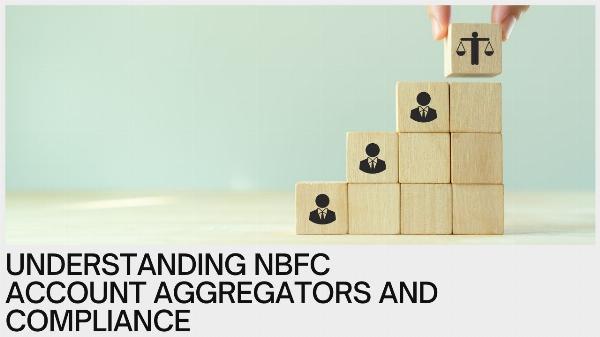Navigating Post-Incorporation Compliance in Singapore

Starting a business in Singapore is an exciting venture, thanks to its business-friendly environment and robust regulatory framework. However, the journey doesn’t end with incorporation. Ensuring ongoing compliance with statutory requirements is crucial for the smooth operation and success of your company. This blog will guide you through the essential post-incorporation compliance steps in Singapore.
1. Obtaining Key Documents
Once you open company in Singapore, you’ll receive a Certificate of Incorporation and a Business Profile (BizFile) from the Accounting and Corporate Regulatory Authority (ACRA). These documents are vital for various business activities, including opening a corporate bank account and entering into contracts.
2. Opening a Corporate Bank Account
Separating personal and business finances is essential for transparency and financial management. To open a corporate bank account, you’ll need your Certificate of Incorporation, BizFile, and other relevant documents. This step ensures that your business transactions are clearly documented and helps in maintaining accurate financial records.
3. Appointing Key Personnel
Every company in Singapore must appoint a Company Secretary within six months of incorporation. The company secretary ensures compliance with statutory requirements and maintains company records. Additionally, appointing a Singapore resident director who is responsible for the company’s operations and compliance is mandatory. At least one director must be a resident of Singapore.
4. Issuing Share Certificates
Issuing share certificates to shareholders is a legal requirement. These certificates serve as proof of ownership and must be issued within two months of share allotment. Proper documentation and record-keeping are essential to avoid any legal complications.
5. Setting Up Statutory Books
Maintaining statutory books, such as the register of members, register of directors, and minutes of meetings, is crucial. These records provide a transparent view of the company’s structure and decisions, ensuring compliance with legal requirements.
6. Annual Compliance Requirements
Annual General Meeting (AGM): Companies must hold an AGM within six months of their financial year-end. During the AGM, financial statements are presented, and shareholders discuss the company’s performance.
Annual Returns: Filing annual returns with ACRA within seven months of the financial year-end is mandatory. This filing includes details about the company’s financial status and compliance with statutory requirements.
7. Financial Reporting and Tax Compliance
Maintaining accurate accounting records is essential for financial reporting and tax compliance. Companies must file their financial statements and tax returns with the Inland Revenue Authority of Singapore (IRAS). Ensuring timely and accurate filings helps avoid penalties and ensures smooth business operations.
8. Ongoing Statutory Compliance
Regularly updating ACRA on any changes in company information, such as changes in directors or registered office address, is necessary. Compliance with other statutory requirements, such as maintaining proper records and timely filings, ensures that your company remains in good standing.
Conclusion
Staying compliant with post-incorporation requirements is vital for the success and longevity of your business in Singapore. By understanding and fulfilling these obligations, you can focus on growing your business while avoiding legal pitfalls. If you need help, please feel free to seek professional advice to ensure all compliance requirements are met.
Related Topics:
How to start a finance company Singapore
Note: IndiBlogHub features both user-submitted and editorial content. We do not verify third-party contributions. Read our Disclaimer and Privacy Policyfor details.





